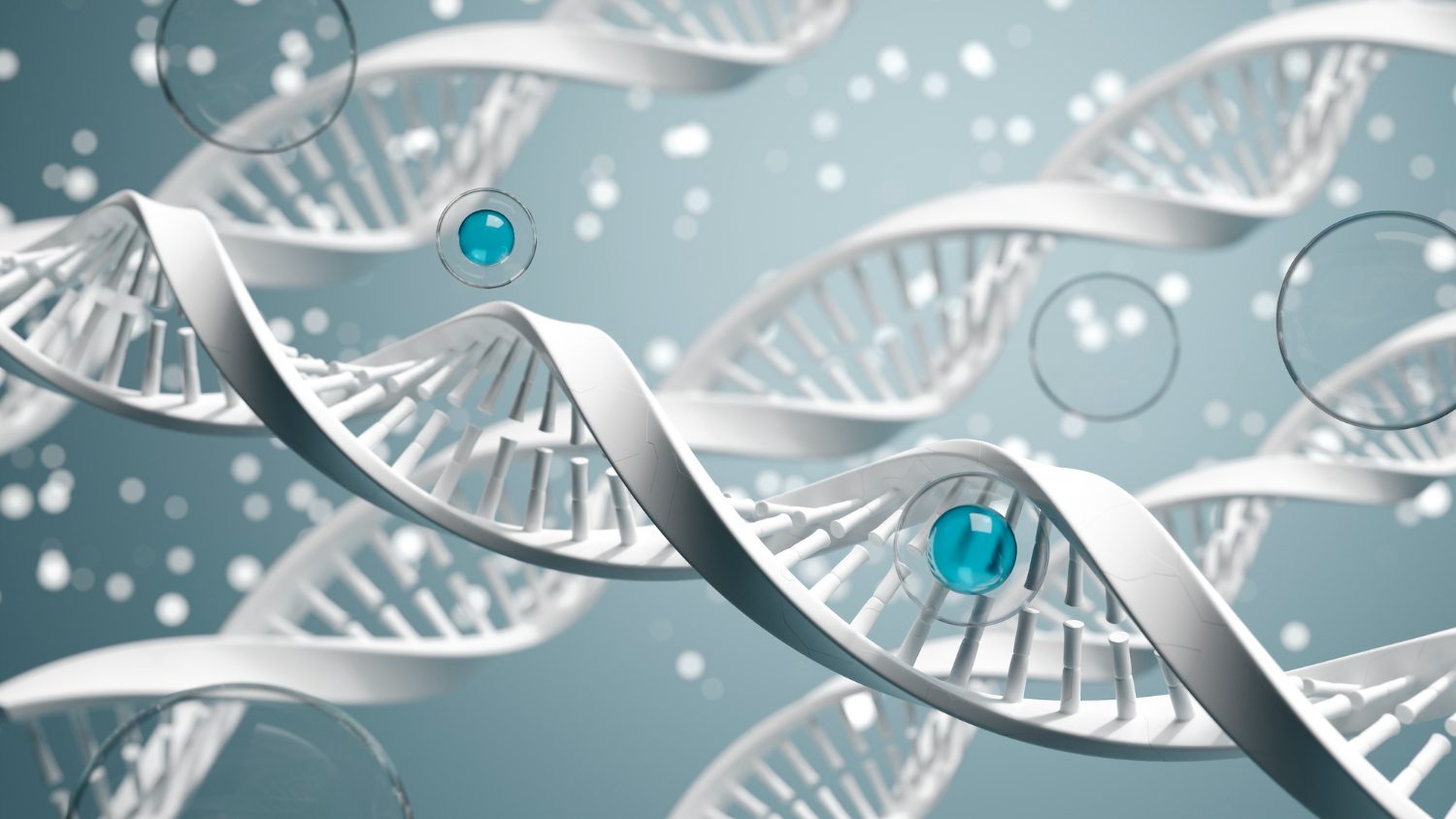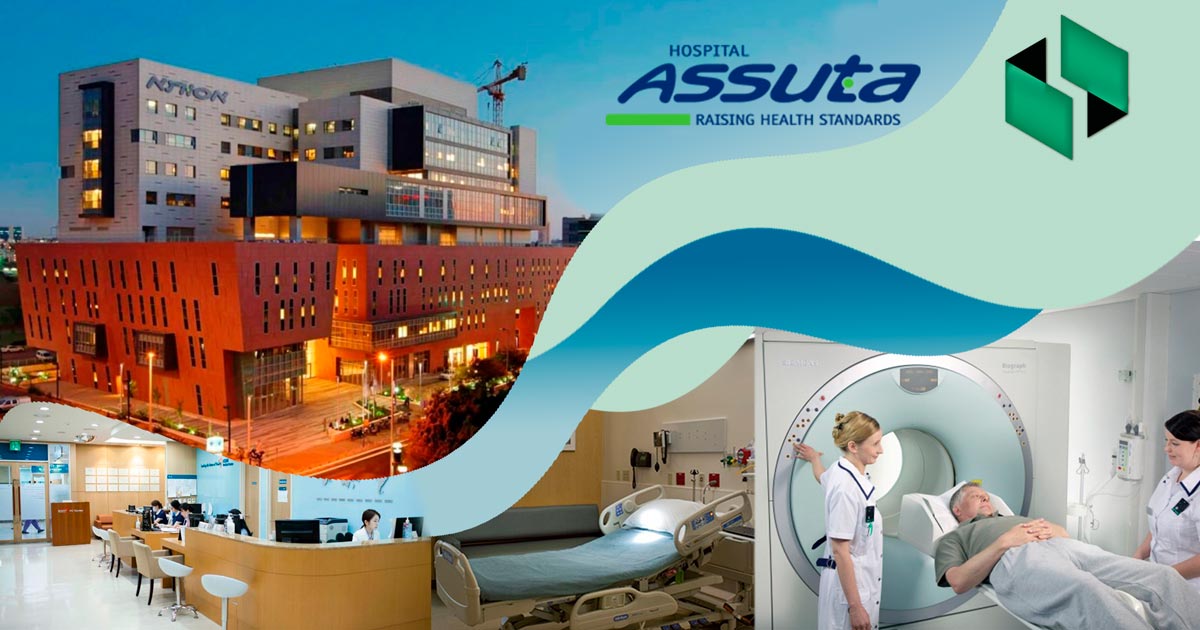In recent years, interest in stem cell therapy as a possible treatment for various diseases has been growing rapidly. One area that attracts particular attention from parents is the use of stem cells in the treatment of autism. Autism, or autism spectrum disorder (ASD), is a complex neurodevelopmental disorder that involves problems with social interaction, communication, and behavior. Despite the existence of various therapy and support methods, there is currently no effective treatment that can completely eliminate the symptoms of autism. In this regard, stem cell therapy is attracting attention as a potentially revolutionary method. However, before making decisions about such treatment, it is important for parents to know as much as possible about this area.
Basics of stem cell therapy for autism in children
Stem cell therapy is based on the use of the unique properties of stem cells – undifferentiated cells of the body that can turn into different types of cells and repair damaged tissue. There are several types of stem cells, including embryonic, mesenchymal and hematopoietic, each of which has its own characteristics and potential applications in medicine.
In the context of autism, attention has been drawn to mesenchymal stem cells (MSCs), which can be extracted from bone marrow, adipose tissue or umbilical cord blood. These cells have next-mentioned.
- Anti-inflammatory properties.
- The ability to modulate the body’s immune response.
These features could theoretically help correct dysfunctions associated with autism.
Potential mechanisms of action
Although the exact mechanisms by which stem cells may influence autism are not fully understood, several hypotheses exist. The main ones include:
- reducing inflammation in the central nervous system, which may contribute to the development of autism symptoms;
- regenerates neurons and improves communication between different parts of the brain, which can have a positive effect on cognitive and behavioral functions;
- modulation of the immune system, which may be useful given the presence of impaired immune response in children with autism.
These hypotheses require further research and confirmation at the level of clinical trials.
Current research and clinical trials
Currently, there are several clinical studies aimed at studying the effectiveness and safety of stem cell therapy for autism. These studies are being conducted both in the United States and in other countries, and their results do not yet provide clear conclusions.
Some studies have shown improvements in the following areas:
- social interaction;
- speech skills;
- behavior.
For example, one study conducted in the United States demonstrated improved cognitive function in children with autism after receiving cord blood. However, other studies have not confirmed a significant therapeutic effect, highlighting the need for further study of this method.
Risks and side effects
Stem cell therapy has the potential to offer new treatment options for autism, but it also comes with risks. Possible side effects include:
- infections;
- rejection reactions;
- tumor formation;
- other complications.
One of the main problems is the unethical use of therapy for commercial purposes. Some clinics offer expensive and poorly tested procedures, promising parents quick and significant improvements. It is important to understand that such methods may not only not help, but also harm the child’s health.
Ethical and legal aspects
The use of stem cells in therapy raises many ethical and legal issues. Some countries have strict restrictions on the use of embryonic stem cells due to moral and religious considerations. It is also worth considering that not all stem cell therapies are approved by regulatory authorities such as the FDA (Food and Drug Administration in the United States).
It is important for parents:
- be careful and critically evaluate clinic offers;
- contact only licensed specialists and verified medical institutions.
One of the most progressive clinics using stem cells to treat autism in children is the Cellthera Stem Cell Therapy Center in the Czech Republic. Our managers will help you contact the clinic for an initial consultation.
Alternative treatments for autism
While stem cell therapy remains experimental, there are other, more proven approaches to treating autism. These include:
- behavioral therapy;
- classes with a speech therapist;
- sensory integration;
- medication support;
- diet therapy.
These methods have proven effectiveness and are part of a comprehensive approach to treating autism aimed at improving the child’s quality of life.
Thus, stem cell therapy for autism is a complex and promising area of medicine, which, however, requires further study. To date, there is not enough evidence to recommend this method as standard treatment for children with autism. It is important for parents to approach this issue consciously, carefully study the available information and consult with qualified specialists.
In addition, it is necessary to consider all the risks and limitations associated with stem cell therapy, as well as consider alternative treatments that have already proven effective. Ultimately, the decision to use stem cell therapy should be based on a careful weighing of the pros and cons, taking into account the interests and health of the child.










